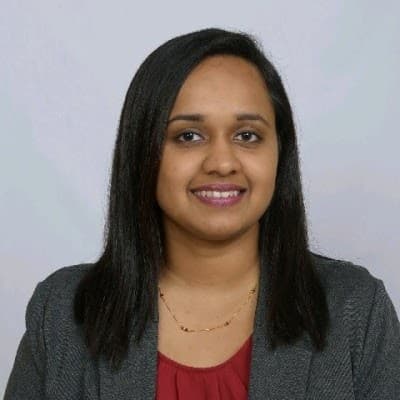ABC’s of an inclusive practise
Education for medical professionals is constantly evolving, however, there are still gaps in the treatment and care of members in the LGBTQIA community. LGBTQIA+ community finds it difficult to access health care because of the fear of mistreatment and financial restraints. Medicine courses do not offer doctors a clear perspective on the community and their health restraints. This combined with the social stigma surrounding the community prevents the doctors from delivering unbiased healthcare.
Members of the LGBTQIA+ community face several challenges in accessing healthcare such as:
1. Low rates of health insurance coverage,
2. high rates of stress due to systematic harassment and discrimination,
3. providers not encouraging patient autonomy and shared decision making
4. lack of cultural competency in the healthcare system
Statistically speaking, LGBTQIA people are at a higher risk for cancer, mental health conditions, and other diseases, and are more likely to smoke, drink alcohol, use drugs, and engage in other risky behaviours. Factor in the unempathetic attitude of some healthcare providers, and it makes it harder for them to seek out or ask for help from the right set of people.
What can we do to make healthcare more accessible?
Healthcare is a human right and we are not ethically or legally allowed to deny care to any human being on ANY basis including gender or sexual orientation. There are a few ways that healthcare providers could improve existing gaps in LGBTQIA+ healthcare and overall patient experience.
- Create a welcoming environment
To start with, intake forms can be revised to be inclusive of a range of sexual orientations and gender identities. Patients could be given an option to input such information electronically, before their visit, or at the time of registration. They don’t need to disclose it to the staff of the clinic. The staff will benefit because they can reduce the work during peak hours at the clinic.
The figure below shows how to draft the intake form.


The clinic or hospitals could improve healthcare experience by considering the following:
- a rainbow flag, pink triangle, or another symbol of inclusiveness
- unisex restrooms
- brochures, leaflets and other literature that gives information about LGBTQIA+ health and inclusive language with diverse images.
- posters announcing days of observance such as World AIDS Day, Pride, and National Transgender Day of Remembrance
Whilst all these are symbols of solidarity, providers should continue to demonstrate empathy and support to all patients irrespective of gender and sexual orientation.
- Sensitivity training for all health field workers- Sensitivity training and communication training should be given to all medical and healthcare personnel in medical facilities. They should learn to have non-judgemental conversations with people irrespective of sexual/gender identity. Learn to listen and use the patient’s prefered pronoun. Be respectful of their views and choices.
What are the biases faced by the health workers?
They encounter implicit bias and explicit bias. Implicit bias means attitudes that are subconscious and harder to control whereas explicit bias speaks of attitudes that are voluntary and influenced by behaviours.
In the case of explicit bias, individuals consciously refrain from giving full patient autonomy( right to choose) and access to care to LGBTQIA+ individuals whereas in implicit bias healthcare providers assume that their patient will probably not follow any medications or has communicated poorly. The patient may fear the preconceived notions from the doctors and will find it hard to communicate openly.
What is bias training?
Bias training helps improve this doctor-patient relationship, teaches doctors to communicate their concerns better and motivates them to follow their providers' advice.
- Sometimes the patient in question may have some care requirements that cannot fully be filled by the medical expert attending to them. . In such a case it's best to have a team-based effort when approaching the patient's concern. Doctors should involve experts from all disciplines to ensure that patients have all-around care.
- Larger healthcare practices can also benefit from having an office/ officer/ worker who specializes in LGBTQIA+ health and understands all their concerns so that changes are implemented at a policy level.
A step towards inclusive healthcare
LGBTQIA+ folks have a right to judgement-free and accessible healthcare like everybody else. Often, they don’t have medical insurance and fear approaching practitioners due to fear of mistreatment. We at Proactive For Her are striving to change this narrative and to create a safe space for all to attain their healthcare needs. Our healthcare professionals undergo training to update their knowledge about the community and their requirements. We hear you and we promise to be there for you.
Disclaimer - This information is provided for educational purposes and should not be construed as medical advice. Please consult with your healthcare practitioners before undertaking any changes in your diet or adding supplements.
Proactive For Her is a digital clinic for women, offering accessible, personalized, and confidential healthcare solutions. We offer products and services for out-patient health concerns of Indian women, across their lifetime - from puberty to pregnancy to menopause. To know more on the sexual and reproductive health of women, visit https://www.proactiveforher.com/

